My Family and other aliens
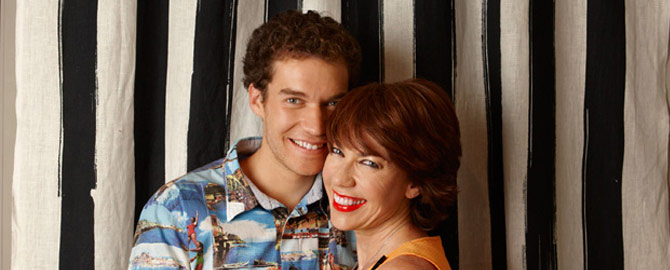
Aspergers.
If onions make you cry, are there vegetables that make you happy? Is a harp just a nude piano? Is a vacuum cleaner a broom with a stomach? Is ‘mauve’ simply pink trying to be purple? The American constitution says you must pursue happiness. But how do you know when you’ve caught it? Do dogs do it ‘people-style’?… And why is there no other word for synonym?
Welcome to the literal, lateral mind of the child with aspergers syndrome. My new novel, “The Boy Who Fell To Earth” is about a single mother, Lucy, raising a boy on the autism spectrum. She often feels that she didn’t give birth to him at all, but found him under a spaceship and raised him as her own. The book could have been called “My Family and other Aliens.”
Even though my book is a fictional tale, it’s rooted in reality as my own son was diagnosed with aspergers, aged three. He is now 21. I am speaking about this for the first time with his blessing. Julius hopes that the novel will help de-stigmatise the condition and, in his words, “make people more understanding and less judgemental.” I, too, hope that the novel will be seen as a celebration of eccentricity, idiosyncrasies and difference.
Before Julius was born, all I knew about autism is that it’s a life long neurological disorder which affects how a person relates to other people, chiefly characterised by an inability to communicate effectively, plus inappropriate or obsessive behaviour. I now know that it means not getting a joke, not knowing what to say, then saying the wrong things, being told off but not understanding why, doing your best but still getting it wrong, feeling confused, frightened, out of synch, all day, every day.
I know that people will treat you as though you’re a rare, feral creature recently netted in the Amazon and still adjusting to captivity, and that venturing out of the house can feel as hazardous as Scott leaving his Antarctic base camp. Is it any wonder I became overprotective? All through Jules’ teens , every time he walked out of the door, you’d think he was emigrating. The fuss, the long hugs and heartfelt goodbyes. But how will you ever know if your child can cope in the outside world, if you never let him out into it?
The biggest worry for the average mother is that her offspring won’t eat anything which hasn’t danced on television. I have seen mothers tearing their hair out over sugar content and how to make broccoli interesting. But mothering a child with aspergers is like trying to put together a huge jigsaw puzzle without the benefit of having a coloured picture on the box. There is no Owners Manual. Social workers tell my protagonist, Lucy that being the mother of such a child, will be a challenge, but an exciting one… This is as accurate as the captain of the Titanic telling his passengers that they were in for a diverting dip in the briny.
As well as giving insight into my own and Julius’ experiences, the book is also a tribute to all the plucky, inspirational parents I’ve met who’ve shared with me their battles against bureaucracy, whilst bankrupting themselves trying to get the right medical advice. (I hate to think how many doctors’ children I have now put through University.) The mother of a special needs child has to be his legal advocate – fighting his educational corner ; full time scientist – challenging doctors and questioning medications; executive officer – making difficult decisions on his behalf and also, full time body guard against the taunts and bullying of other children.
Raising a child with special needs is also socially isolating. If only there were a Self-Help book for social lepers. As Lucy discovers, the playground sandbox invariably becomes a quicksand box, as other parents, fearing some Aids-like contagion, abandon you to a numbing silence. Unusual behavior is criticized by shop owners as bad parenting, with a crisp reprimand that you’ve obviously raised a “spoilt brat.”
You also learn that embarrassment is a luxury not afforded to you. People with aspersers, or “Asparagus Syndrome” as Jules calls it, have no filter and tend to say what they are thinking. Like the time my son asked his intimidating headmaster what he wrote on his drivers license for hair colour, seeing as he was completely bald? Or inquired of a surly, tattooed biker if he’d ever noticed that his chin looked like upside down testicles? Such candour has friends and family sweating more than Paris Hilton doing a sudoko.
There can also be dangers to this tangential, literal thinking. I was taking my daughter Georgie to drama class one Saturday and asked her to remind her big brother, then aged about 13, to lock the door before he went out to play, as burglars might steal my jewelry. When we came home to find the door ajar, my son later explained, perplexed, ‘Well, why would men want jewelry?’ When I talks about the good scissors, ‘has anyone seen my good scissors?’ he thinks there are bad ones, with evil, murderous tendencies. …When Georgie says ‘you’ll have to fight me for the last cup cake’, he squares up.
But one thing is certain. Sending your special needs child to a normal school is as pointless as giving a fish a bath. The system is designed with bureaucratic speed bumps to slow down a parent’s progress. I filled in forests of forms and saw squadrons of ‘experts’, all of whom look down their noses for a living. The technical term for this process is ‘being passed from pillar to post’.
Most kids strive to learn math and grammar. Aspergeric children strive to make themselves invisible. But the waiting lists for special schools have queues so long there are stone age families at the front, which means endless lobbying and pleading with the local council to meet the obligations of your child’s educational needs. For years I trekked here, there and everywhere, in the endless search for the right school for my son. He sat for so many tests and had so many psychological and medical assessments, he must have thought he was being drafted into the elite astronaut programme. It was only when we sent him, aged 16, to a private special needs college in America, that we saw him thrive.
In the scramble for funds, kids with less obvious disabilities like aspergers or autism, often lose out. They may not be in a wheelchair or wielding a white stick, but they still need and deserve help and the promise of a life not wasted away in a bedsit, living on benefits. After all, creativity is associated with a variety of cognitive disorders. H.G. Wells was so eccentric he had only one school friend. Albert Einstein took a job in a patent office because he was too disruptive to work in a university. Isaac Newton was able to work without a break for three days but couldn’t hold a conversation. It’s believed that Mozart, Van Gough, Newton, Orwell, Warhol, Charles de Gaulle, Thomas Jefferson, Enoch Powell, even Jane Austen’s Mr Darcy, and many famous composers and other artists were on the autism spectrum.
People with aspergers may not contribute in conventional terms but that doesn’t make them less valuable and it’s up to us to help them flourish. My own vivid, original son is Wikipedia with a pulse. He knows more about Shakespeare, Buddy Holly, movie stars and tennis players than their own mothers. His memory for dates is so accurate I don’t need to keep a diary.
Another close friend who has a son with aspergers, worries when he goes quiet in his room, that he’s accidentally hacking into a Pentagon computer whilst looking for the existence of UFOs and that he’ll be extradited to the U.S. to serve a 60-year jail sentence for cyber terrorism – although this same computer whiz can’t get the right change from the corner store.
Yes, my life with Julius is challenging, but it’s also hilarious, humbling, and enriching. My kind, clever, quirky boy has now grown into a handsome young man who is the most interesting and courageous person I have ever met. With understanding, empathy and early educational intervention, these kids can fulfill their potential. Jules now volunteers for Oxfam and is working towards becoming a tennis coach and the world’s most colourful sports commentator. In those dark days, after his diagnosis I never imagined him being able to give me literary criticism on a book I had written for him.
People with Aspergers often feel they’re drowning in their own brain waves. I hope this novel, in it’s own small way, acts as a literary life raft.
Copyright Kathy Lette 2012.
My books
Read at your own risqué
What do women really want in bed? Breakfast. Oh, and a good book. If you’re looking for a funny, frivolous yet feisty new read, do slip between my covers. Satisfaction guaranteed.
Making headlines
Believe nearly everything you read...
What I'm up to
A window into my world...
Here’s a selection of scribblings in which I peel down to my emotional underwear – a psychological striptease that occasionally reveals all.
One-liners, wise cracks and witticisms
I think women are each other’s human Wonderbras – uplifting, supportive and making each other look bigger and better.
If he wants breakfast, tell him to sleep in the kitchen.
Men think monogamy is something you make dining tables out of.
Many marriages break up for religious reasons – he thinks he’s a god and she doesn’t.
Love prepares you for marriage the way needlepoint prepares you for round-the-world solo yachting.
Boys will be boys, and so will a load of middle-aged boys who should know better.
Ladies who lynch.
No wife ever shot a husband while he was vacuuming.
I think therefore I’m divorced.
All husbands think they’re Gods. If only their wives weren’t atheists.
Happy wife = happy life.
I couldn’t ask for a better husband… as much as I’d bloody well like to.
Statistically, 100% of divorces begin with marriage.
Marriage is nature’s way of promoting masturbation.
Marriage is a fun-packed, frivolous activity – only occasionally resulting in death.
It’ll be an amicable split. You’ll both get 50 % of the acrimony.
A new invention is required. The monogamous husband. Patent Pending.
How Do I Hate Thee? Let me Count the Ways.
My wedding vows didn’t say To Love, Hoover and Obey.
I’m Having my period so can therefore legally kill you.
You are going to enjoy this marriage, even if I have to divorce you to do so.
A happy marriage is like an orgasm – many of them are faked.
All this emphasis on women faking orgasms, but what about men faking foreplay?
Why do men like intelligent women? Because opposites attract.
Why don’t women tell jokes? Because we marry them.
What does a woman really want in bed? Breakfast.
For women, life is full of lies – I mean doctors maintain that wrinkles don’t hurt.
Legal aid cuts prove that the Tories believe a person is innocent until proven destitute.
Sexist men are so stupid it makes you want to take the ‘men’ out of Mensa.
If a man ever tells you that women fall at his feet – it’s only because he gets them drunk first.
A woman must always fight back. Never just lie back and think of Canberra.
The best cure for menopause is the toy boy diet. A case of having Your Beefcake and Eating It Too.
I don’t fake orgasms. I’m faking being six foot one and seven stone.
Trophy wives tarnish quickly and then get left on the shelf.
Lawyers work 24/7. The partners of lawyers suffer from a bad case of subpoena envy.
Most shrinks should book an appointment with themselves.
The question on the minds of most women is – why doesn’t chocolate go straight to your boobs?
Don’t fall for a man’s puppy dog look… Just get him wormed.
It’s been so long since a man has touched me, not even medical science will want my body.
My top tip for keeping your youth? Lock him in the pool house.
I told myself that it took forty-two facial muscles to frown and only four to stretch out my arm and bitch-slap the witch.


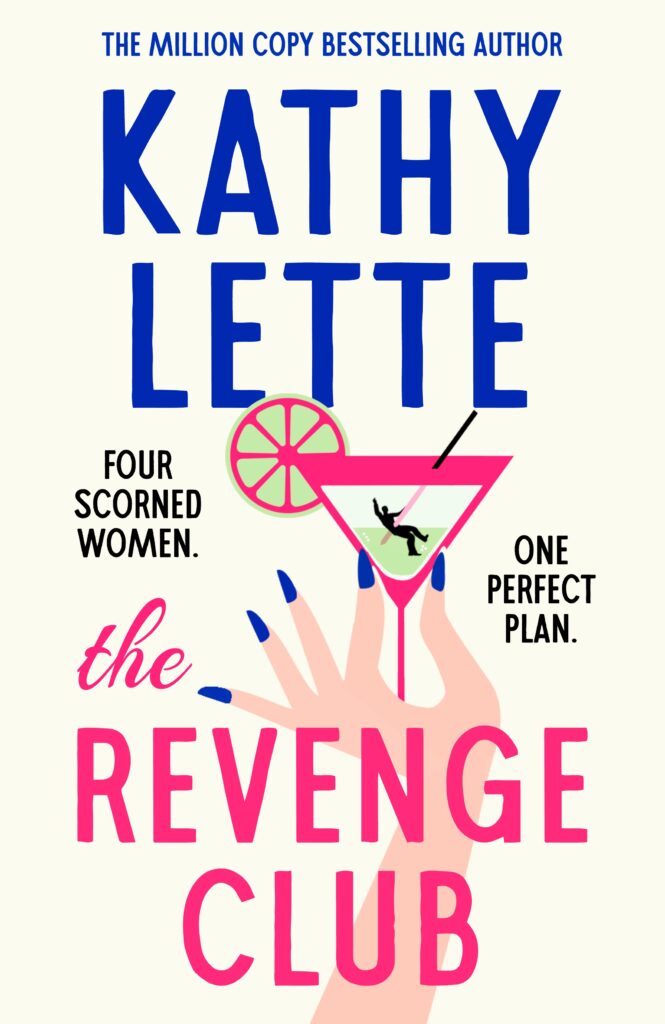
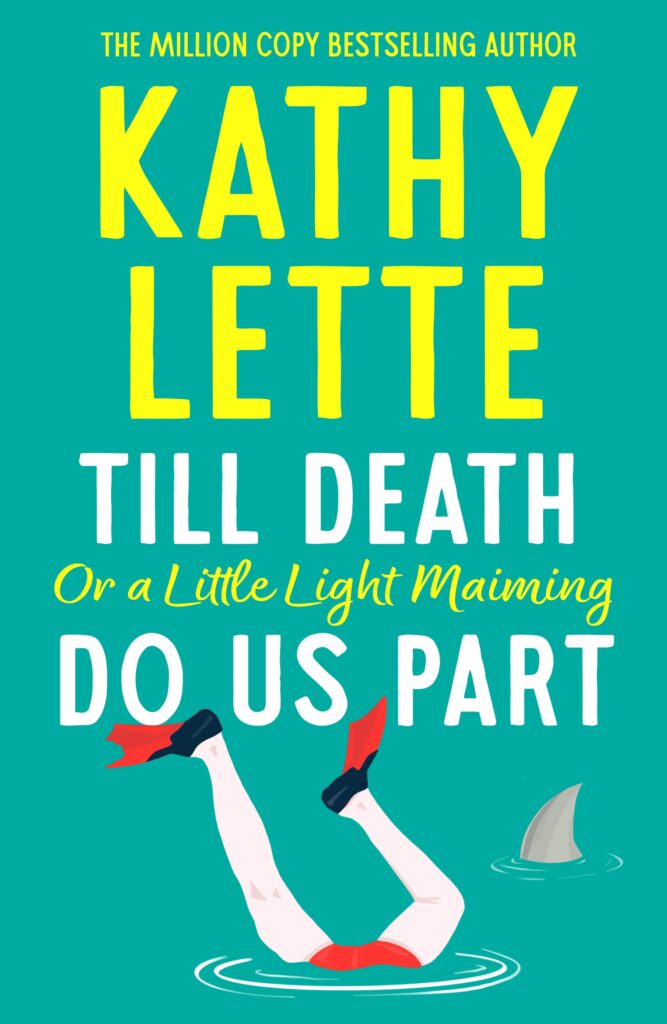
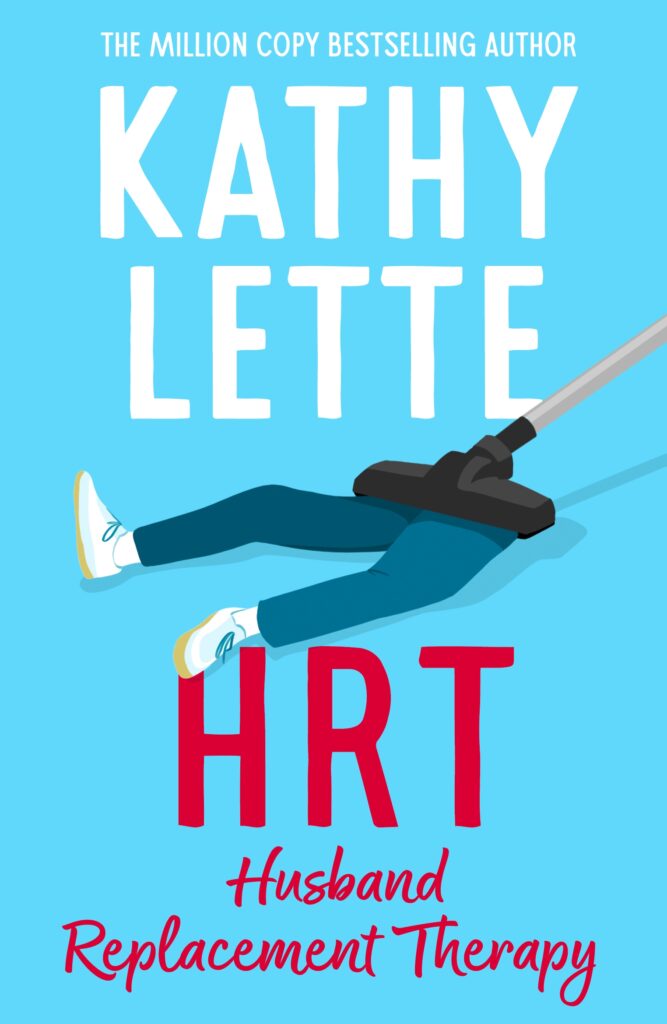
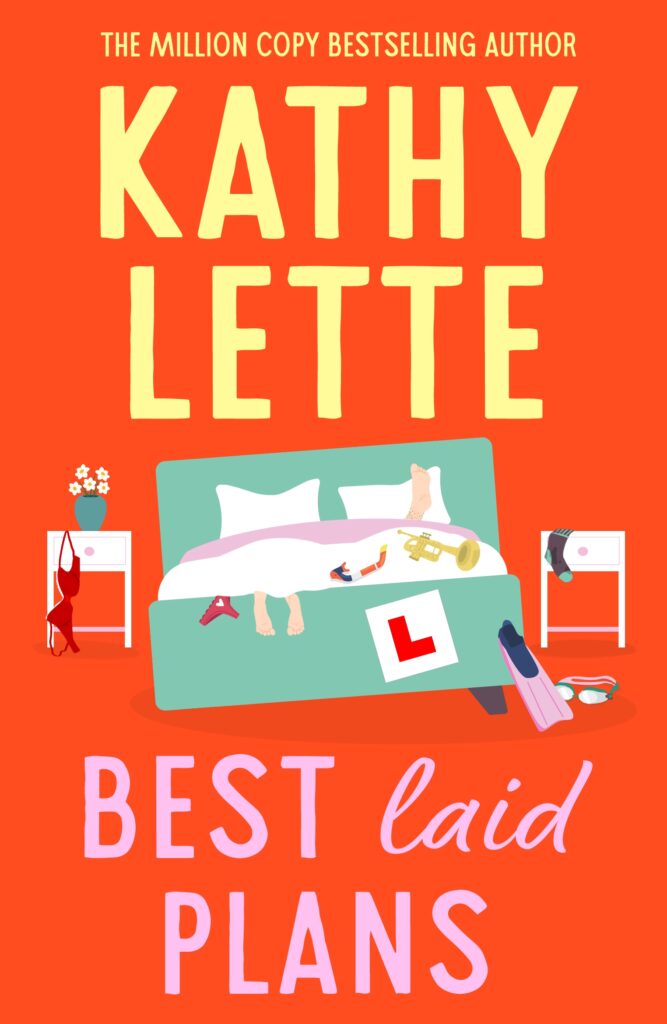
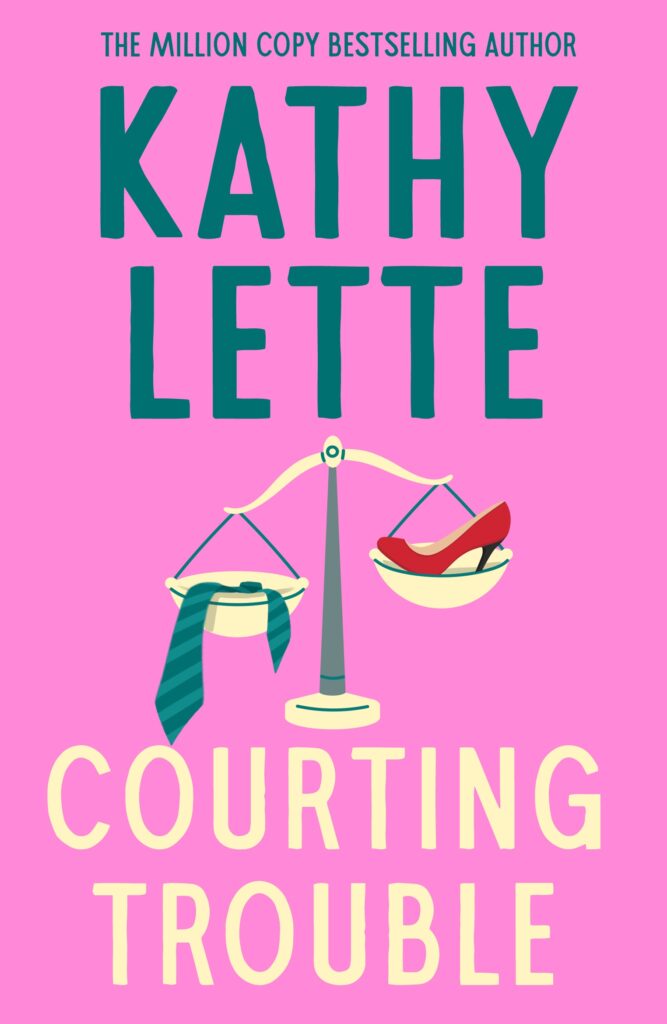
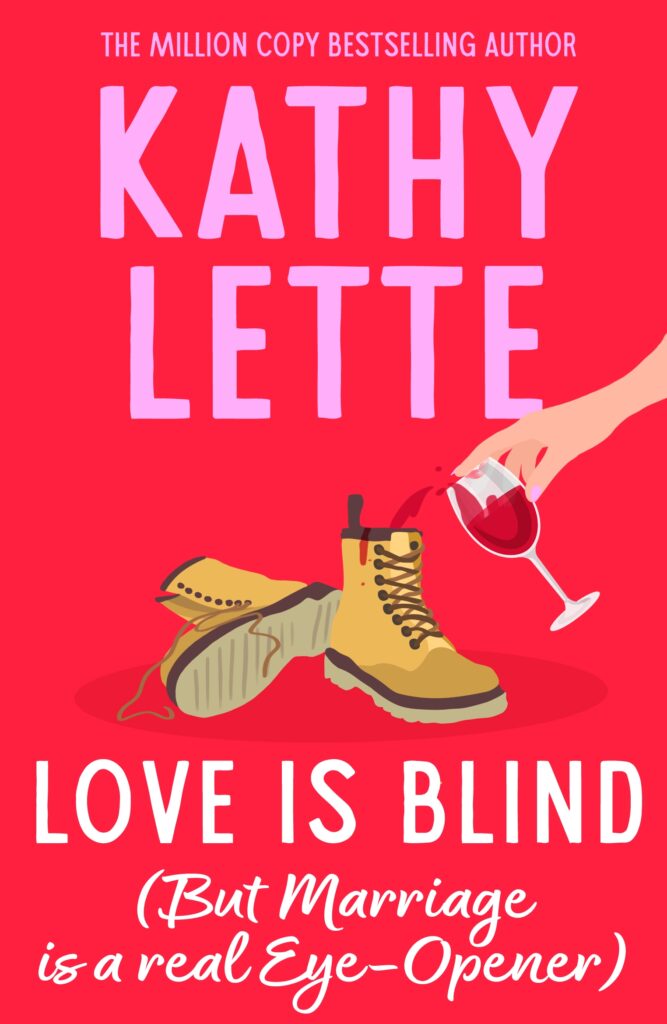
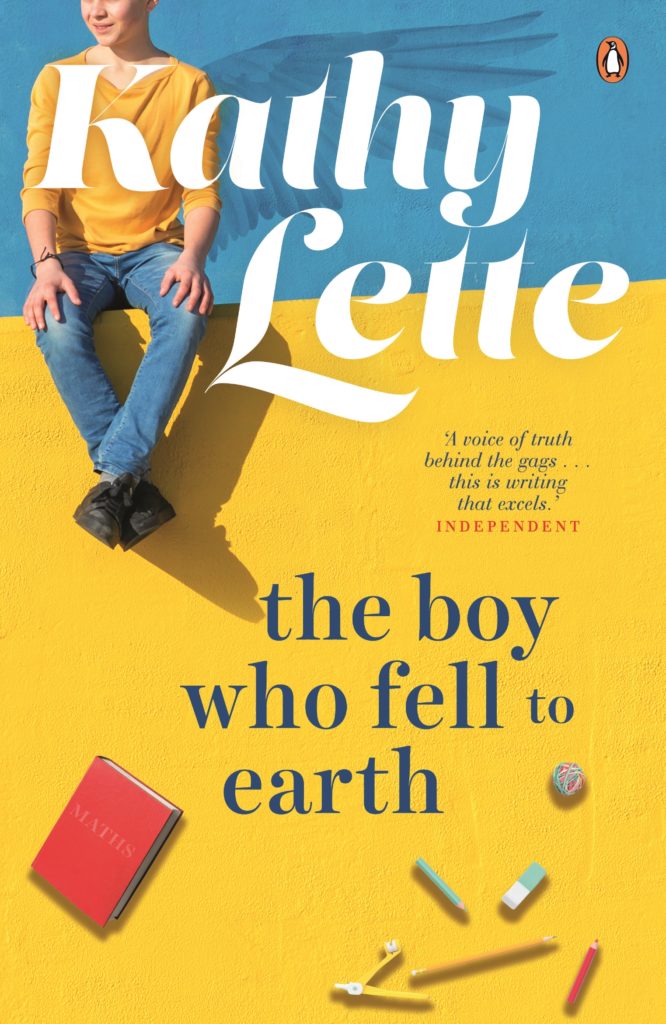
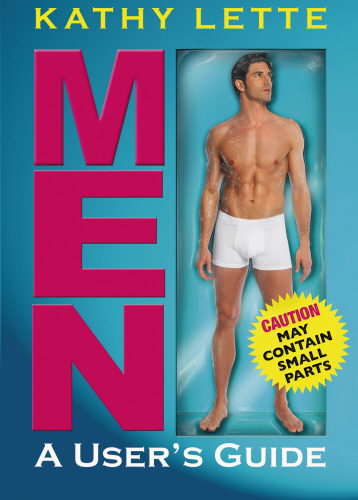
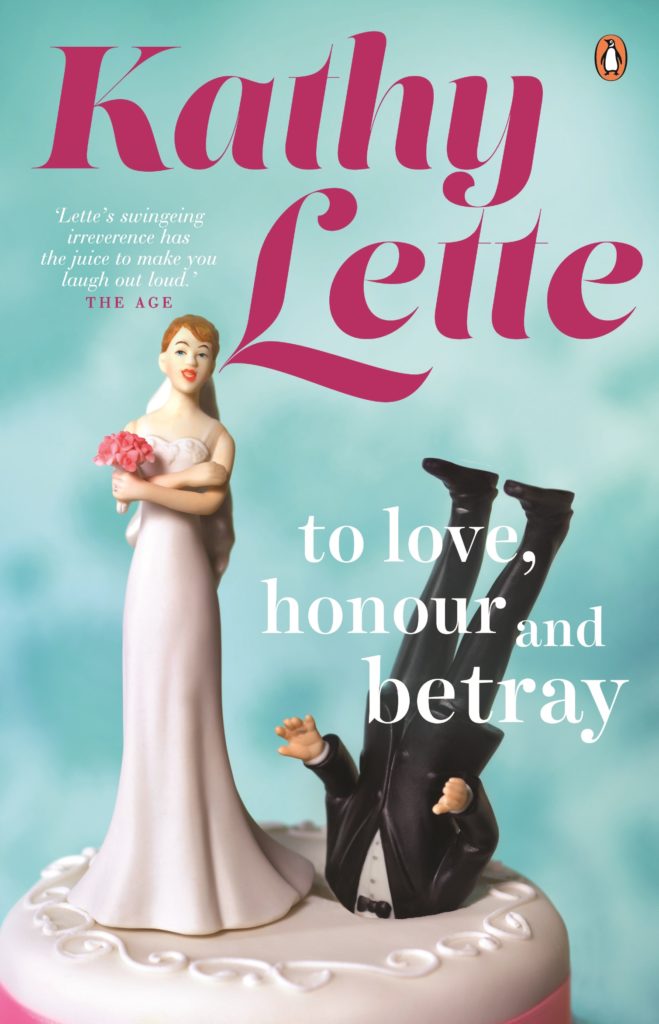
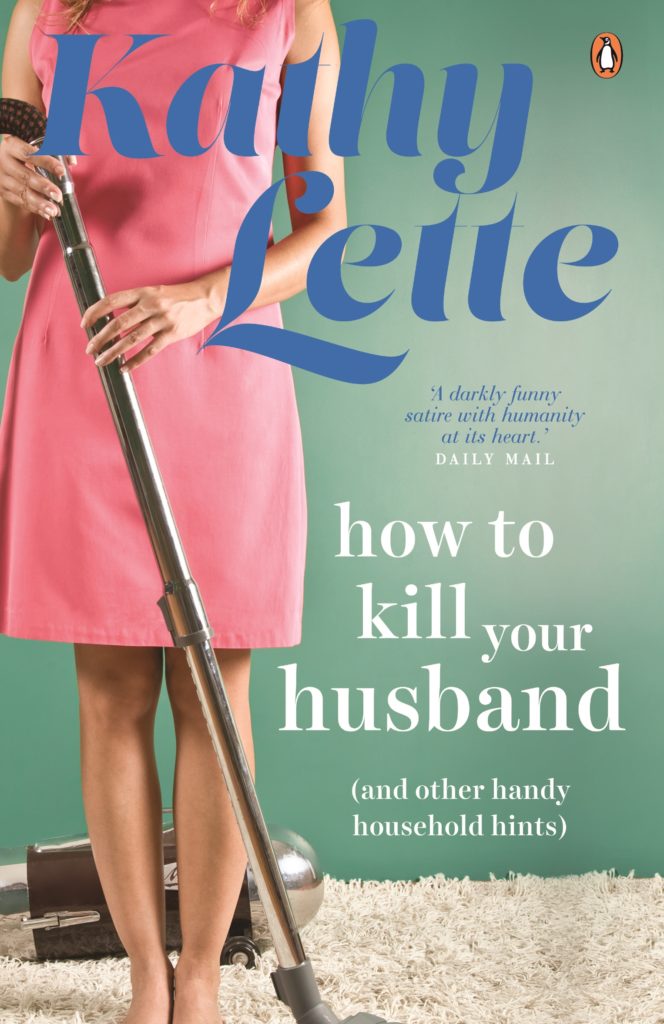
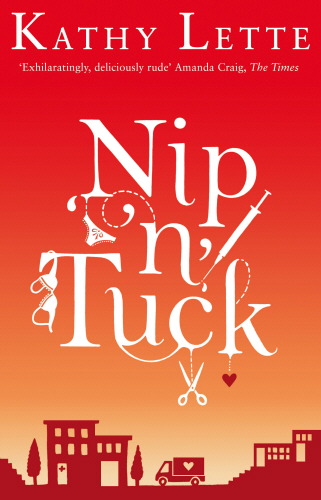
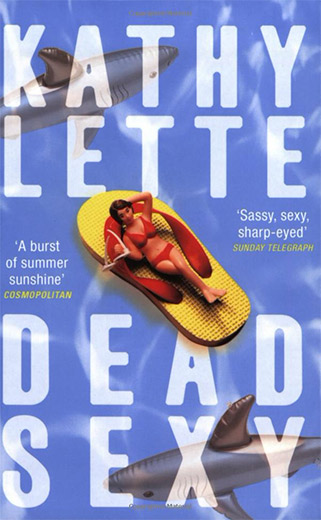
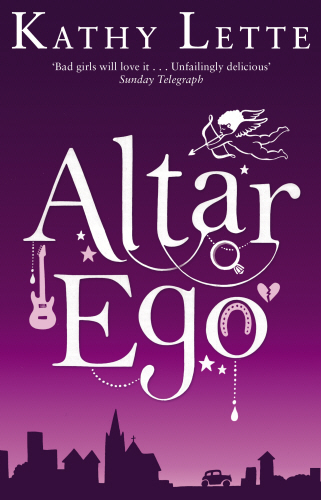
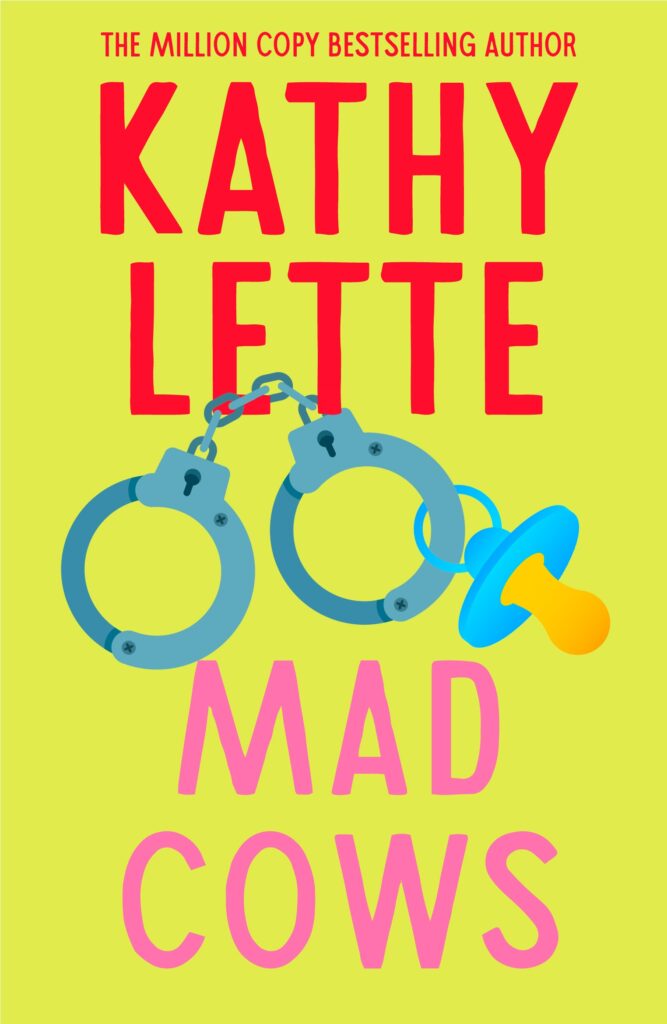
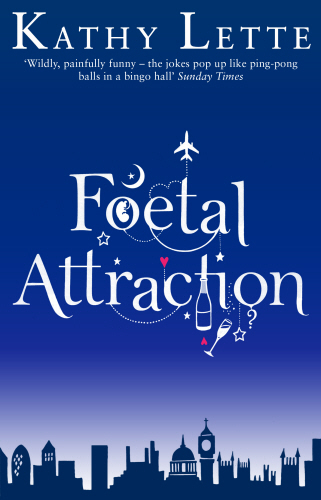
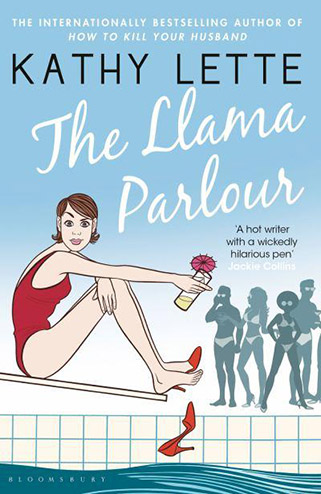
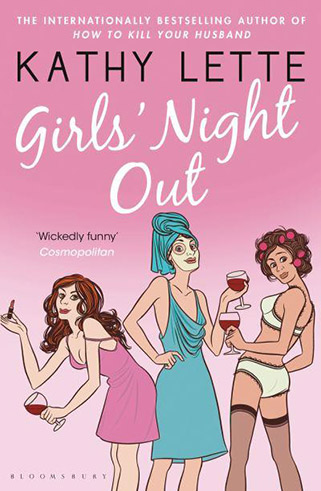
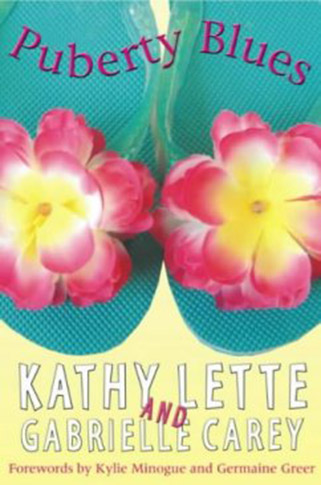
8 Comments
I have read with interest your experience with your son and his being different and thank goodness for that when normal is questionable, my inquiry is to you in relation to the problems of neurological disorders which are drasticly increasing as we are constantly being told.
I have been following the debate in recent science on Fluorosilicic Acid or Hydrofluorosilic Acid called “fluoride” and have been suprised to find that these chemicals when used in tap water supplies and fertilizer, fumigants, pesticide, herbicide, mouthwash, atmosphere, plus other sources can interact with aluminium, lead, and vaccines containing thimerosal (mercury).
Alone (excepting lead) these products may work as intended yet when combined in our bodies, water and food they can work in ways that increase the neurotoxic potential by a hundred fold, it should be understood that all these products do come together in the body and from different sources (I can elaborate if interested) and there has been peer reviewed scientific study confirming this some of it is obvious.
Such as the study on rats carried out by the CDC in the US the link is http://www.flcv/hgsynerg.html confirmed here is the association with Autism, Alzheimer’s, dementia, and decending to many other illness in society, a type of zombiefication is often the result, my research covers the majority of illness and the majority of discovery of the synergy of our foodstuffs and water & environment.
Contamination is unavoidable even if one has a filter for the water, the effects are depending on the individual dose which is wide & vairable however the just born and yet to be born are most at risk info on this is available from myself to save time or internet research, I must add I was like your son at school in those days there was no understanding this led me to become a bully and today a healthy anti authoritive figure, my conclusion I thought I was odd untill I realised that everybody else was a little more that way also but concieted in any admission .
So here I am putting in a plug for Autism day in hope that a new light might be concentrated on the subject matter I have raised in this email to you, as a writer and intelligent person I have a new book name suggestion for you on this issue the Tabla Rasa from Aristotle (on the soul) and also on the mind.
(The above statement is in relation to the pineal gland and the clogging up of it with calsified fluoride)
I think the time is just about right for this new view on things as there is a deep rumbling going on in the public domain that translates into hostility between the governed and the governments around the world, on almost every issue Banking, taxes, and health being outstanding.
Kind Regards Allan Jones Australia
Dear Allan, You brainiac you! Am so impressed by your grasp of science and chemistry. I’m also fascinated by your findings and research. Experts seem to know so little about autism and its causes. All areas worthy of investigation. Mind you, some medical experts tell me that they might be able to ‘cure’ autism in 50 years time – by changing the neurological wiring etc. But if so, will we lose all our great eccentrics, innovative artists, virtuosic violinists and brilliant scientists? Interesting ideas to debate.
All the best for now, Kathy
Hello Ms. Lette. I hope this finds its way to you, and if not, maybe those who read it will glean something from it anyway. My name is Brett Johnson, but that doesn’t matter much. I just wanted inquire if you’d be willing to push an initiative to make all your books available as e books. Like many people with aspergers, I have my fixations, but one that has stayed with me for as long as I can think back is my environmentalism. I believe it would be worth it to make your books available in a paperless form. We only have one Earth. On a personal note, I would very much like to read your book, but this is really the only way it would be feasible for me to do so. I always knew I was different growing up, but I simply called myself a freak, like everyone else, because I didn’t know what the hell was wrong with me. I was 15 when I was finally diagnosed, and realized I wasn’t alone. Ever since then I’ve been striving to understand other people’s experiences with aspergers. Both those afflicted, and those who’ve interacted with us most intensively. I am 19 now, and your book is the latest tidbit of knowledge I’d like to add to my mental collection on my latest fixation: my own affliction.
I hope you and your son are well -Brett
P.S. No matter how long I’ve lived with aspergers, there have always been new things for me to Not understand. Your son is probably the same. Don’t lose patience.
Dear Brett, what a touching message. Thank you for taking the time to write. To answer your immediate question, The Boy Who Fell to Earth is available as an ebook, so you can download it to any device you have – Kindle, iPad, Kobo, etc. If you click on the link below, you will see links to download the ebook from different retailers. Thanks again, and we’ll ensure Kathy gets your message.
http://www.transworldbooks.co.uk/editions/the-boy-who-fell-to-earth/9781409031543
– From Suzanne, at Kathy’s UK publishers
Dear Brett, thanks for your lovely message. You sound like the most engaging, kind, intelligent person. Re E books… all my novels are published as E books. They’re also on Audio. Yes, you can’t escape me! And I do try to be environmentally aware. I recycle my best jokes in speeches after all! And I’ve recycled the odd hubby too!
All the best to you, Kathy
Hi Kathy, I’d like to thank you for being such a breath of fresh air on this subject, no moaning just getting on with it and embracing all that is lovely about our children. For many years I felt like I was out in the wilderness with my apparent deranged views on helping children on the spectrum manage in the “mainstream” school system. My son was 4 when diagnosed with Autism during his kindergarten years, giving us one year to prepare him to either go into Primary school or a special school, we chose the local primary school. Initially we were well supported as the junior school teachers all had a good grasp of what was needed but by grade 4 all the support faded and eventually was non existent apart from the three meetings a year to report on his progress. I felt like our son was being punished for all our success, the more “normal” and less autistic he appeared on the outside the more the school felt he was “all better”, ahhhhh! So we would find ourselves back at square one educating them that our son still had autism, he just managed his behaviour better in social situations following years of hard work. Bailey is now 16, heading for year 11 and an IT future. Thank you again Kathy for your refreshing beam of light, wishing you a happy and prosperous 2014. Madeline xx
I saw you speak yesterday in Wollongong ! loved every second of it!
I belong to a forum run by a neurosurgeon …Dr. Jack kruse …..jackkruse.com
he has some amazing insights on autism. Dr. kruse is teaching us to question everything – in particular medicine. He is teaching us to ask better questions – so we can get better answers.
There is a Mom on the forum …Mr. Pinkies ……she has done amazing things for her family – in particular her autistic son. Her husband has aspbergers.
If and when you have time …. Dr. Kruse has written a blog about autism that I know you would find very interesting……. please drop over and say “Hello” I am caroline on the forum.
This is a huge non native EMF story…..
Hello gorgeous .
I’m currently listening to “Mad Cow” as I recover from being bullied out of my teaching job in NSW . The bullying caused a nervous breakdown for the last 5 years . I now know I am autistic , a high functioning Aspy . In my family autism can be traced back from my grand uncle born in the UK in 1912 Thru to my grandson born 2006. I have believe I have four grand babies on the ASD three not diagnosed YEt ? I was diagnosed in 2014 . Knowing what it is I have gives me a way to have better outcomes with it in a more functional way . I really don’t worry to much about what others think anymore . I can find ways to manage situations with only a few adjustments . Probably eating out is the worst . Large noisy food halls or dining rooms or restaurants . I just don’t stay any more I leave . I have no need to put myself thru such anxiety . I believe the reason the incidence of autism is increasing is because the tools used for dignosing have improved for males and females . I like my eccentric nature my quirky fashion sense , my incredible Colour sense , attention to detail , my problem solving ability my creativity . I hope if I can be cured I don’t lose those qualities. I’d like to be able to have a better handle on time !! LoLo
I loved your ted talk and I love your husband his mind is boggling ! We so need his voice here more often . A hyperthetical on the ABC ?? Now that would be good . And you …… come on more PB please. Is the TV series coming back ??
Thanks for all you do , say and write especially that on autism. Is it possible to watch your Temple Grandin appearance?